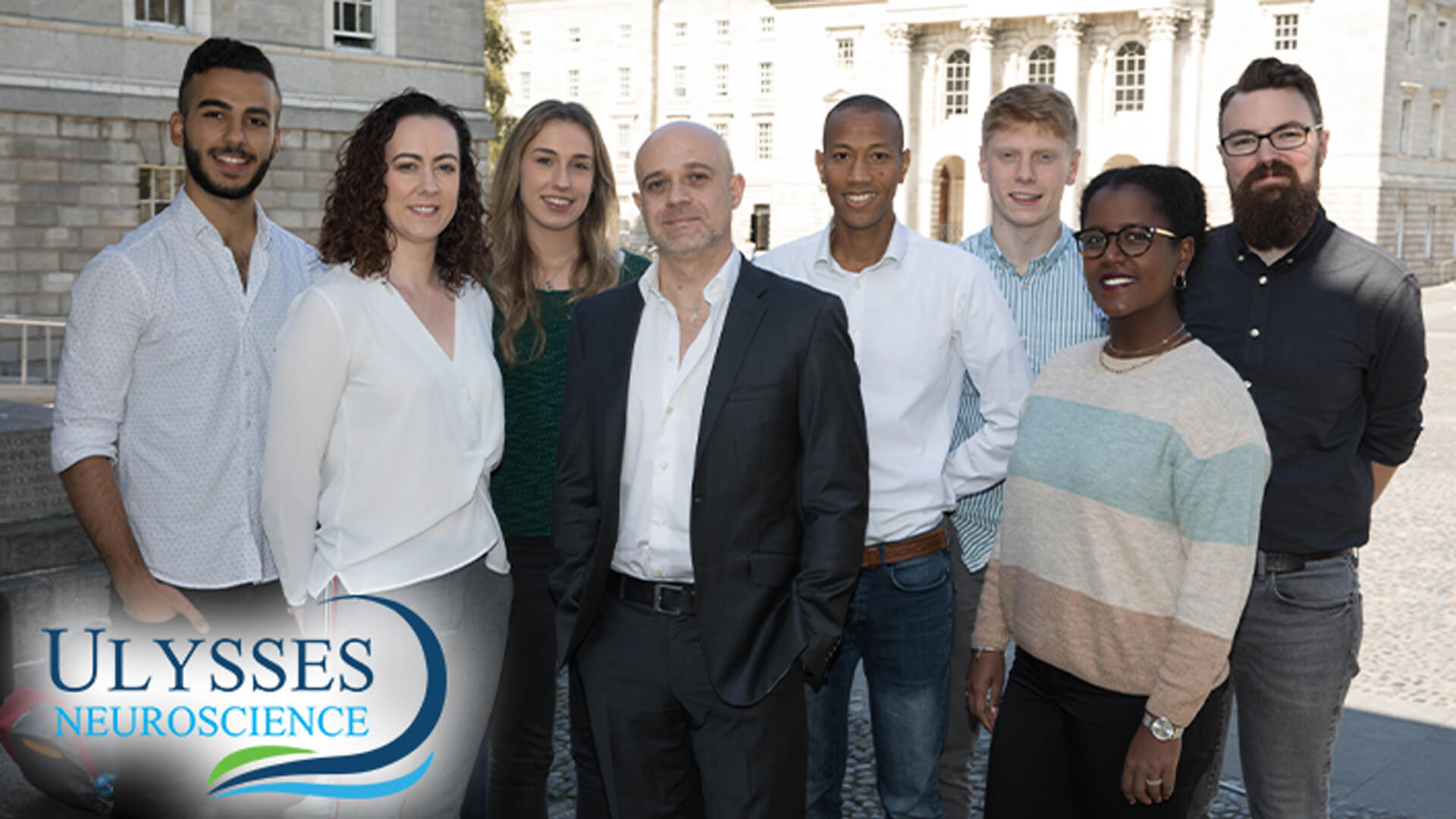On a Journey to Revolutionise R&D

Like its namesake, Ulysses Neuroscience Ltd. is on a journey. Where Ulysses himself ventured into the unknown so too does Ulysses Neuroscience in its efforts to establish new best practices in the field to drive better research and, ultimately, better treatments for a plethora of neurological issues and disorders. We spoke with Founder, President and CEO, Dr Massimiliano (Max) Bianchi to find out more about the organisation’s extraordinary work and mission.
For all of humanity’s efforts to better understand the world and universe around us, we’re still remarkably uninformed when it comes to something absolutely fundamental to our being. Our brains. Despite huge technological and medical leaps, we’re just beginning our personal odyssey to truly understand how the human brain works, how it forms connections, how it goes ‘wrong’. For everything we do know, there’s a dozen things we struggle to answer. Based in Trinity College Dublin, Republic of Ireland, Ulysses Neuroscience is hoping to bring about a paradigm shift on the greater neuroscientific landscape.
“Ulysses Neuroscience is, above all else, on a mission to operate a new business model that can make a difference to current practices. To begin a new journey against brain disorders. A journey that will really benefit – not us – but the patient.”- Dr Max Bianchi
Indeed, while Ulysses Neuroscience is working primarily to advance knowledge and drive better treatments for neurological and psychiatric disorders, it is its efforts in acting as a great ‘connector’ that merit particular celebration. To put it simply, Ulysses Neuroscience works to bridge the gap between academia, funding agencies and – crucially – pharmaceutical companies that would otherwise be disparate.
To better understand Ulysses Neuroscience’s mission it helps to understand the drivers behind it, and the ongoing challenges that the organisation – and the field itself – faces. After all, it wasn’t so long ago that neuroscience was considered a ‘non-priority’ in the scientific community. This was down to a lack of alternatives to animal-based product testing and development, as Max explains. “For 50 years the approach was wrong. All studies started from animal research then went to humans and, naturally, failed. Neuroscience was considered a waste of money and new research was abandoned.” Some of the world’s largest pharmaceutical companies closed down research centres and moved funding to less resource intensive and more ‘promising’ avenues.
Max, who has some twenty years’ experience working in international pharmacology research and development, saw an alternative. “Ulysses Neuroscience Ltd. is creating a new model that utilises back translation (from bed to benchside). In essence, we are using human neurophysiological and molecular biomarkers as a basis for research, replacing animal-based testing and development.”
“Ulysses Neuroscience Ltd. has its roots deeply anchored on foundations of ground-breaking in-house research, translational high-quality science and scientist to scientist interaction.”
The conversation soon turns to other challenges outside of the foundational issues that Max and Ulysses Neuroscience as a whole has faced. In many ways, the larger field is playing catch up, trying to recover lost time. Yet, new variables come into play every day, new trends emerge, new ways for the brain to be altered. “Of course, the biggest challenge is that the brain is a mystery. We’re trying to piece together the answer to ‘how does the brain work?’ But, even now we’re seeing new challenges. The impact of drug addiction on the brain. The biological reason for addiction. We’re seeing eating-disorders and depression in teenagers -why? We also have an increased aging population and starting to understand how aging affects the brain. Thanks to the advancement of genotyping we now know that neurodevelopmental disorders linked to mutations of genes on the X-chromosome are more common than what previously estimated.”
This acts as a testament to the urgency of Ulysses Neuroscience’s work. Indeed, for Max, Ulysses Neuroscience simply must succeed in its mission. “We want to help people. If we don’t achieve that, it’s a failure.” Whilst the stakes couldn’t be higher, there can be no doubt at all that the organisation has the raw talent, leadership and vision to secure enduring success in the field and help revolutionise neurological treatments for the better.
Professor Max Bianchi launched Ulysses Neuroscience Ltd. in 2019 following 20 years of international neuropharmacology R&D and executive management experience in industry and contract research organisations including Transpharmation Ireland Ltd, MAPREG and GlaxoSmithKline.
A native of Italy, Max originally studied veterinary medicine in Sassari and Milan before obtaining his PhD in psychopharmacology at the University of Nottingham and embarking on a career in scientific research in the pharmaceutical industry. He is now a leader in the field of neuronal plasticity and cytoskeletal dynamics in psychiatric and neurodegenerative disorders, has several patents and is an author on over 50 publications.
Max is currently Adjunct Assistant Professor in the School of Psychology at Trinity College Dublin.






